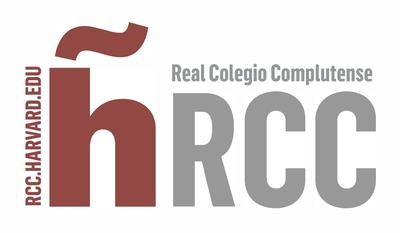Date:
Location:
The RCC is pleased to sponsor the closing event of this exhibition, which records the contribution of architecture to the construction of democracy and the welfare state, and to the recovery of regional identity in 1980s Valencia, Spain.
In 1978, after almost forty years of dictatorship, Spain passed a democratic constitution that dictated the assumption of the Western European model of social welfare and the quasi-federalization of its traditionally centralized territory. Democracy set the conditions of possibility and encouragement for the development of a number of paths of architectural research viable at last due to the open character of the new system, to the sympathetic collaboration between architects and social-democratic officials, and to the empowerment of those regions with a strong sense of their own distinctiveness. Though changes in architectural culture had been occurring through the previous decades, only at this moment were their deployment and further exploration feasible. This was particularly true for the rescuing of built heritage, the design of public space, the experimentation with a repertoire of until then rare public amenities, the representation of new institutions, and for issues such as citizens’ involvement in urban planning and the planning of cities for all.
This exhibition presents a collection of books, artifacts, and graphic works charting the contribution of architecture to the construction of democracy and the welfare state, and to the recovery of regional identity in 1980s Spain, specifically in the Valencian Country, an area on its Mediterranean shores. The items on show were instrumental in elaborating, executing, and campaigning for a progressive political program aimed at forging a public space of civic significance through institutional patronage. The exhibition is organized around major topics of political activity and governmental action, such as urban activism and arts policy. Through its contents it brings nuance to prevailing views on postmodernism and politics, casts new light on the urban incarnation of social-democratic programs, and reformulates the definition of regionalism in architecture.
Contact: Manuel López Segura
| posterexhibitionclosing.pdf | 3.87 MB |
